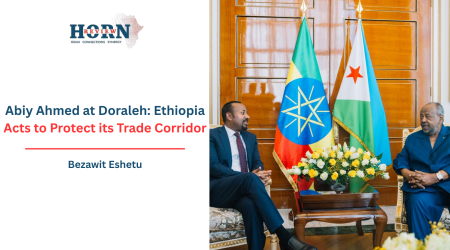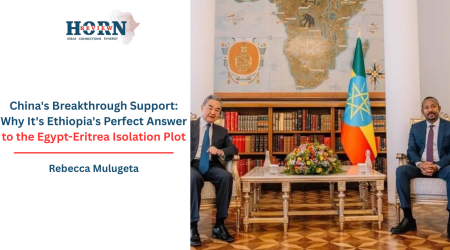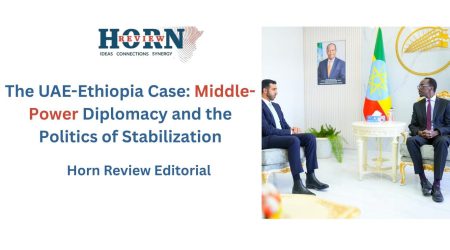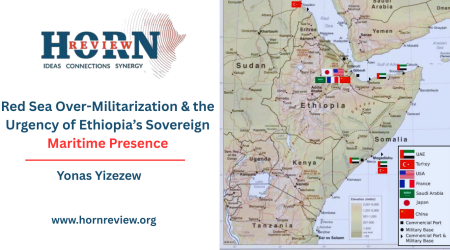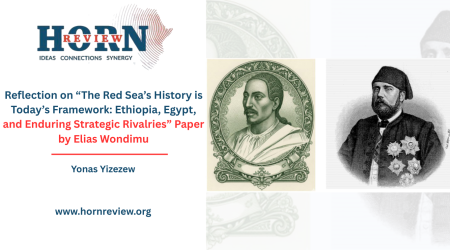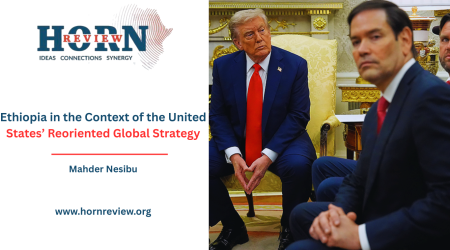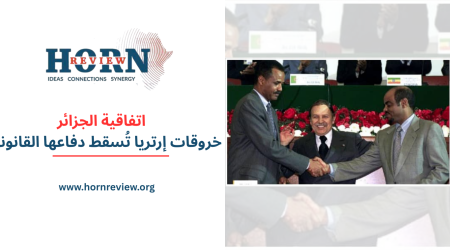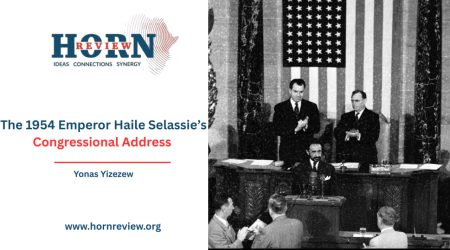
21
May
The TPLF’s Legacy: A Collapse Rooted in Ideological Inflexibility
In his Fana TV interview, Getachew Reda, a former senior TPLF figure and now advisor to the Ethiopian Prime Minister, invoked George Orwell’s concept of “protective stupidity” to describe the TPLF’s self-destructive behavior. The term captures a willful denial of reality – a mindset that, the author argues, defined the TPLF’s political trajectory from dominance to implosion.
The TPLF’s 2020 attack on the Northern Command reflected its refusal to accept a post-EPRDF political order. Rather than adjusting to new realities, it pursued military confrontation and propaganda, believing it could reverse its waning influence. This delusion proved costly: the resulting war devastated Tigray, incurred mass civilian casualties, and left lasting scars on Ethiopia’s political and humanitarian landscape.
Even after the Pretoria Agreement, which ended active conflict, the TPLF’s actions betrayed the spirit of reconciliation. The group allegedly marginalized opposition voices in Tigray, resisted Disarmament, Demobilization, and Reintegration (DDR), and continued to prioritize internal dominance over regional recovery. Reports of illegal economic activity and a quasi-coup against Getachew Reda further exposed the party’s internal fractures and strategic desperation.
This behavior, the article argues, is consistent with a long-standing TPLF mindset – equating itself with the Tigrayan people and rejecting pluralism. From the suppression of dissent in 2005 to near-total election control pre-2018, the TPLF built a dynastic identity rather than a democratic one. Its rejection of the NEBE’s legal standards in seeking re-registration underscores a continued belief in political exceptionalism.
The formal termination of the TPLF’s status as a legal political party marks the end of a historic chapter. Going forward, the piece urges the TPLF to abandon zero-sum politics and engage constructively within Ethiopia’s democratic framework. Failing to do so – particularly through external alliances or destabilization – would not only repeat past mistakes but risk undermining national unity.
By Yabsira Yeshiwas,Researcher,Horn Review

